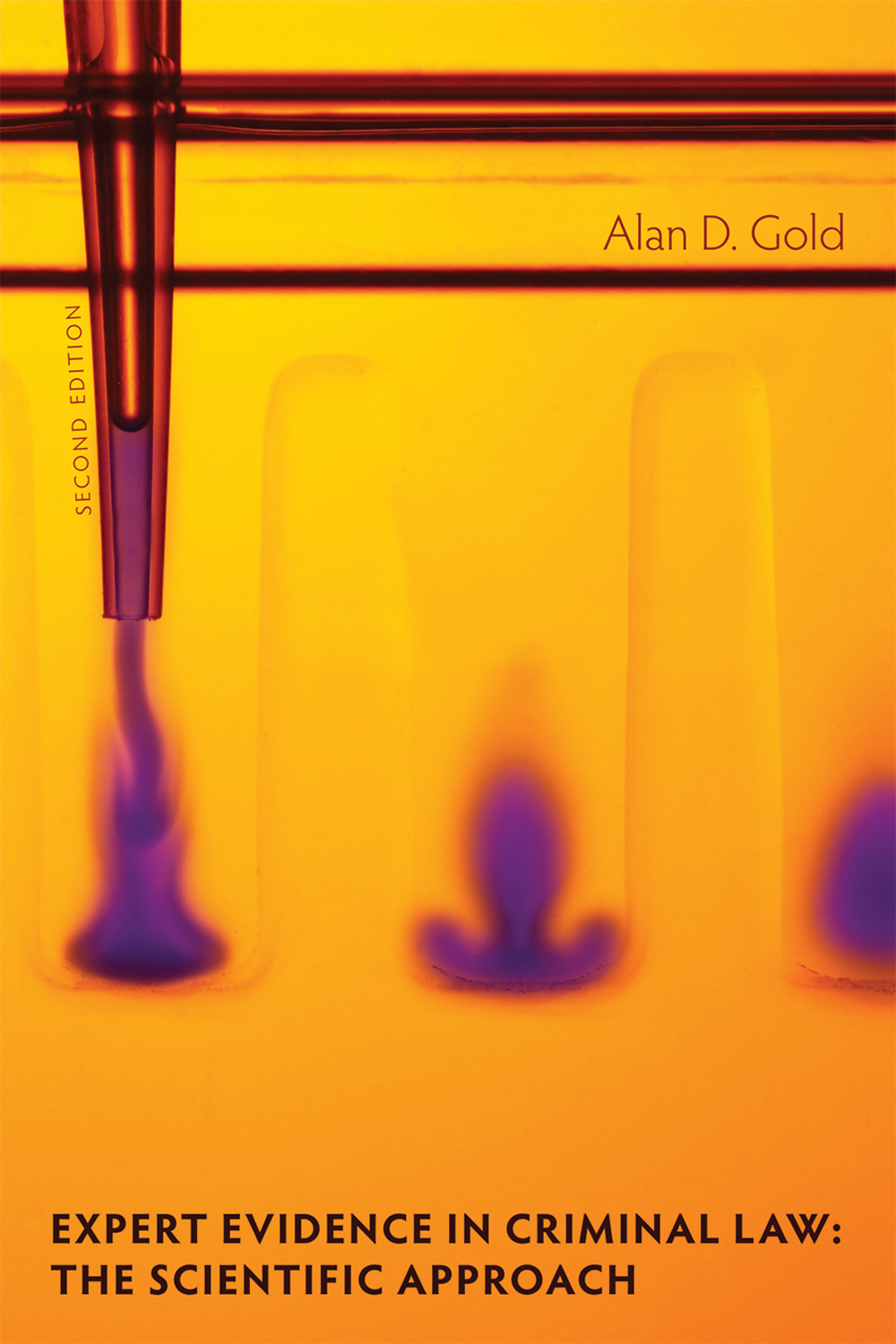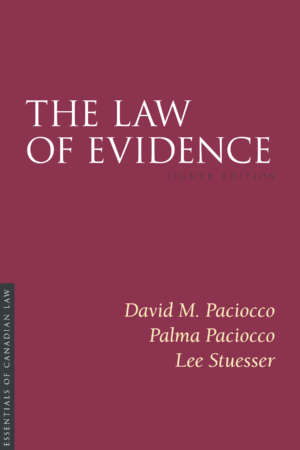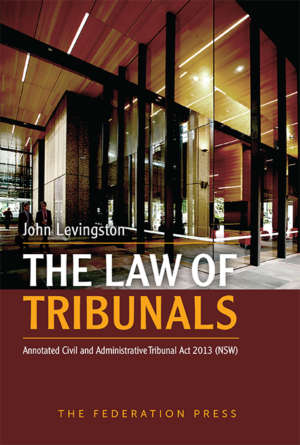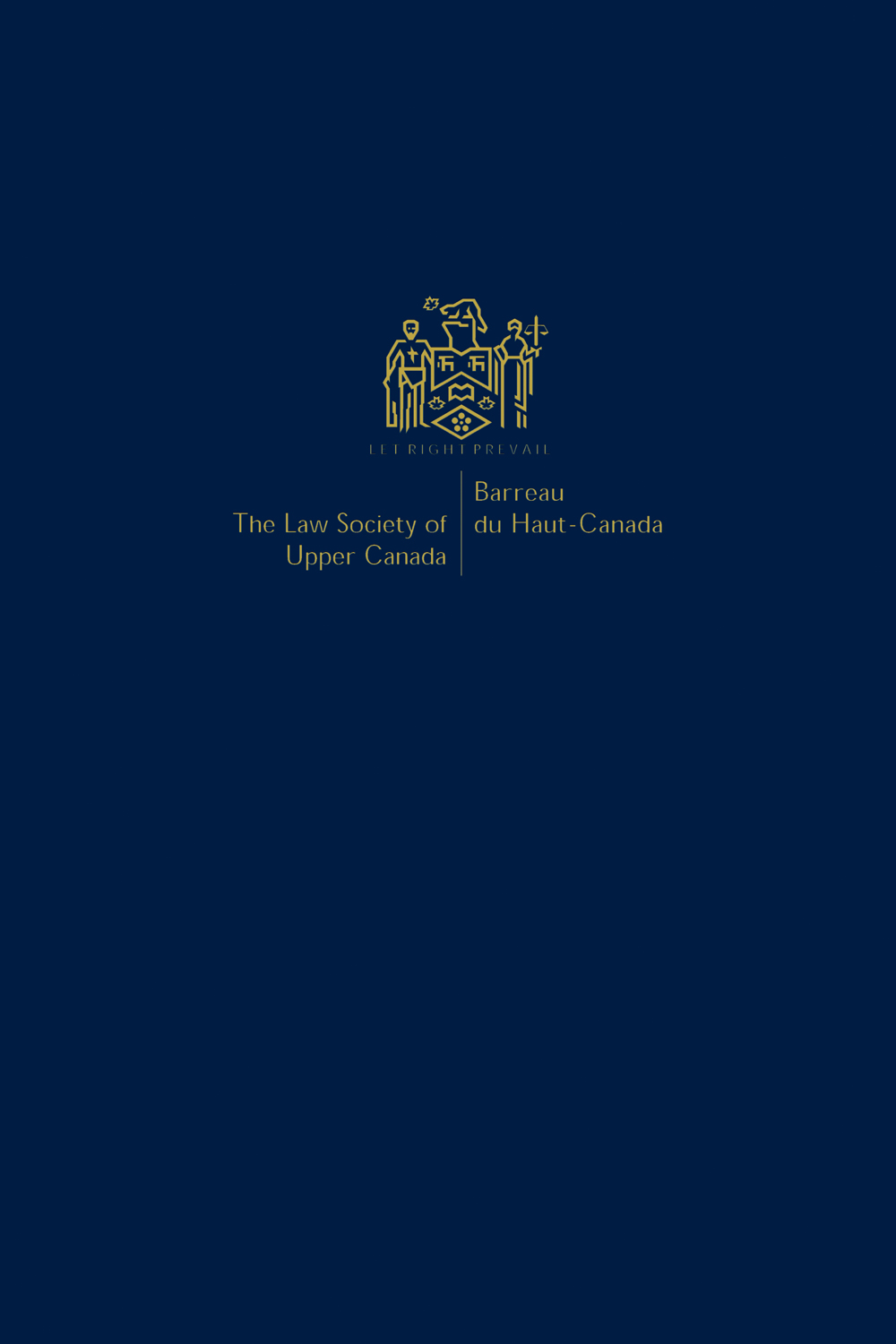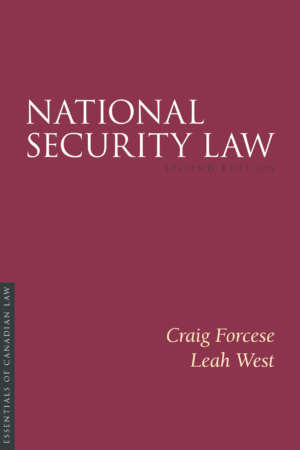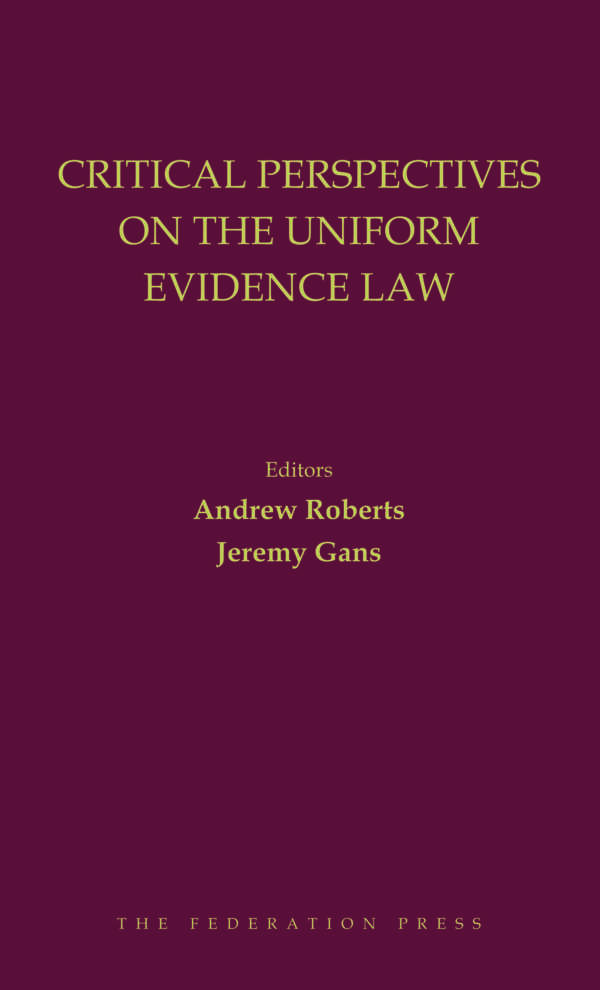Product Description
Affidavits are used in Courts and Tribunals including arbitrations, to provide the evidence-in-chief of witnesses. There are evidentiary, formal and procedural rules which apply to affidavits. Non-compliance can result in the evidence being excluded, the case being lost, or proceedings adjourned with adverse costs orders against the party, or against the lawyer who prepared the affidavit. Most young lawyers serve an informal apprenticeship drafting affidavits under the supervision of more experienced colleagues, learning from their experience and saving their own references and precedents. Some, less fortunate are ‘thrown in at the deep end’ without guidance or supervision. In addition, case management has created new pressures for compliance with short timetables for filing and serving affidavits, so there is no luxury of time available in preparing affidavits which involves taking relevant instructions, putting it into an admissible form without mistakes and so it can survive objections.
This is the first work on Affidavits published in Australia and sets out to provide a reference for evidentiary, formal and procedural rules together with precedents.



